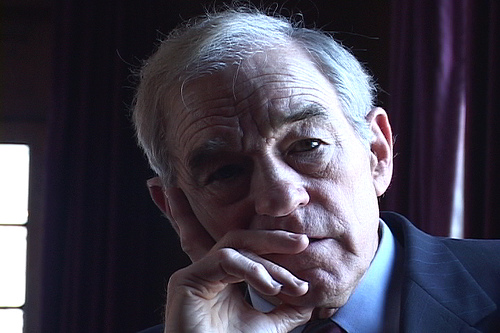Ron Paul may be right about the root cause of suicide terrorism

"Ron Paul Was Right", or so said the Atlantic's 'The Daily Dish' blog in reference to the release of an exhaustive study on the root causes of suicide terrorism.
Based on a six-year study of 2,200 suicide terrorist attacks around the world, a team of researchers has argued that military occupation of foreign lands serves as a driving force for the majority of terrorist reprisals. Robert Pape, head researcher, stated:
"We have lots of evidence now that when you put the foreign military presence in, it triggers suicide terrorism campaigns,...and that when the foreign forces leave, it takes away almost 100% of the terrorist campaign."
While Pape, a University of Chicago political science professor and former Air Force lecturer, does not advocate a "cut-and-run" withdrawal from Afghanistan, he does advise a two to three year drawdown of troop levels in order to reduce the volume of suicide attacks.
The major study, partially funded by the Defense Department's Threat Reduction Agency, does appear to vindicate Dr. Ron Paul's foreign policy views, views which have been especially unpopular in the Republican Party and in hawkish Democratic circles. According to Paul, radical terrorist attacks directed against American troops and civilians have escalated due to excessive, long-term U.S. intervention and occupation in the Middle East and South Asia, not because "they hate us for our freedoms". While Paul's controversial views have often been characterized as a "blame America" mentality, this latest in-depth, independent study seems to corroborate the intellectual credibility of his position.
And if this position is backed by solid statistical evidence and cogent, independent-minded analysis, then perhaps the time has come for America to reconsider its current foreign policy, a policy that may be proving too costly and counter-productive in terms of blood, treasure, and strategy.



